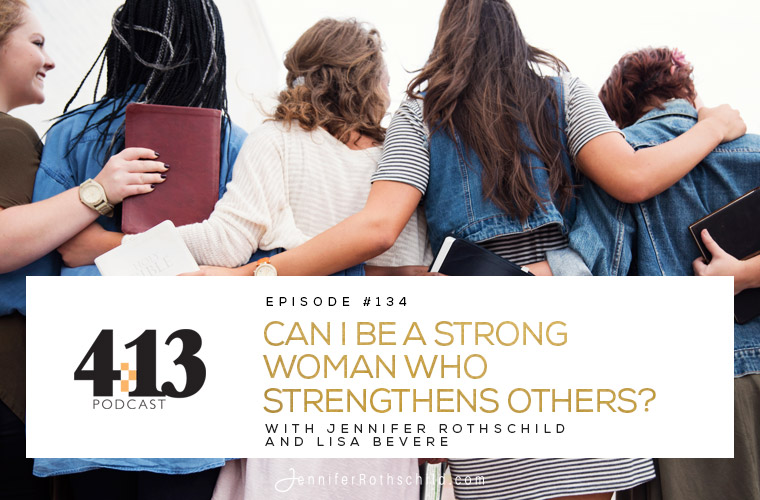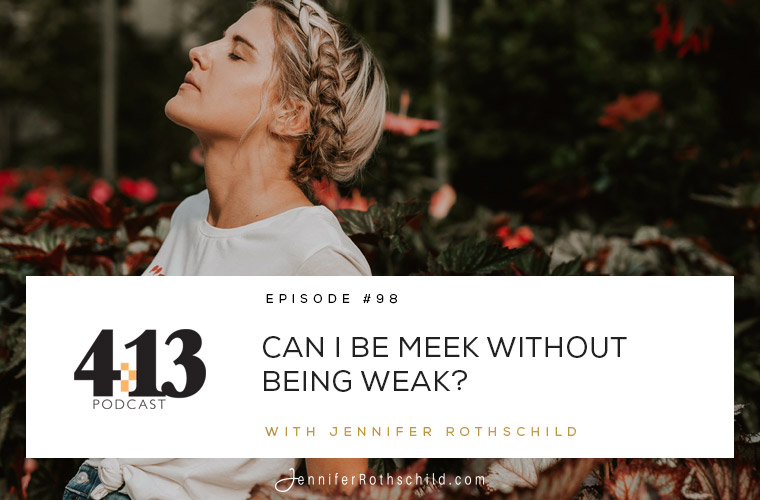
Free download alert! Get your “God’s Grace Is Sufficient for Me” printable in the links below.
After a devastating brain cancer diagnosis, today’s guest, Pastor Jay Hewitt, had a decision to make: Should he give up on his faith or practice what he preached and trust that with God, all things are possible?
Well, if he’s on the 4:13, you know the decision he made! But what he did and how he did it will inspire you and teach you how you can face hard things too.







![Can I Really Do All Things Through Christ? [Episode 17] jpg](https://www.jenniferrothschild.com/wp-content/uploads/2019/01/01_03_2019_Pod_17_CanIReallyDoAllThingsThroughChrist_Dec.jpg)